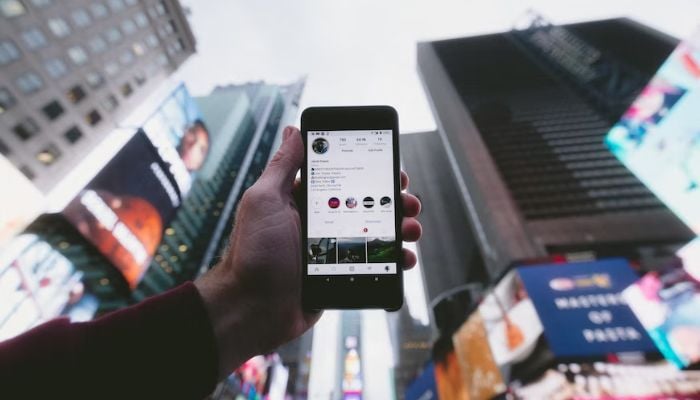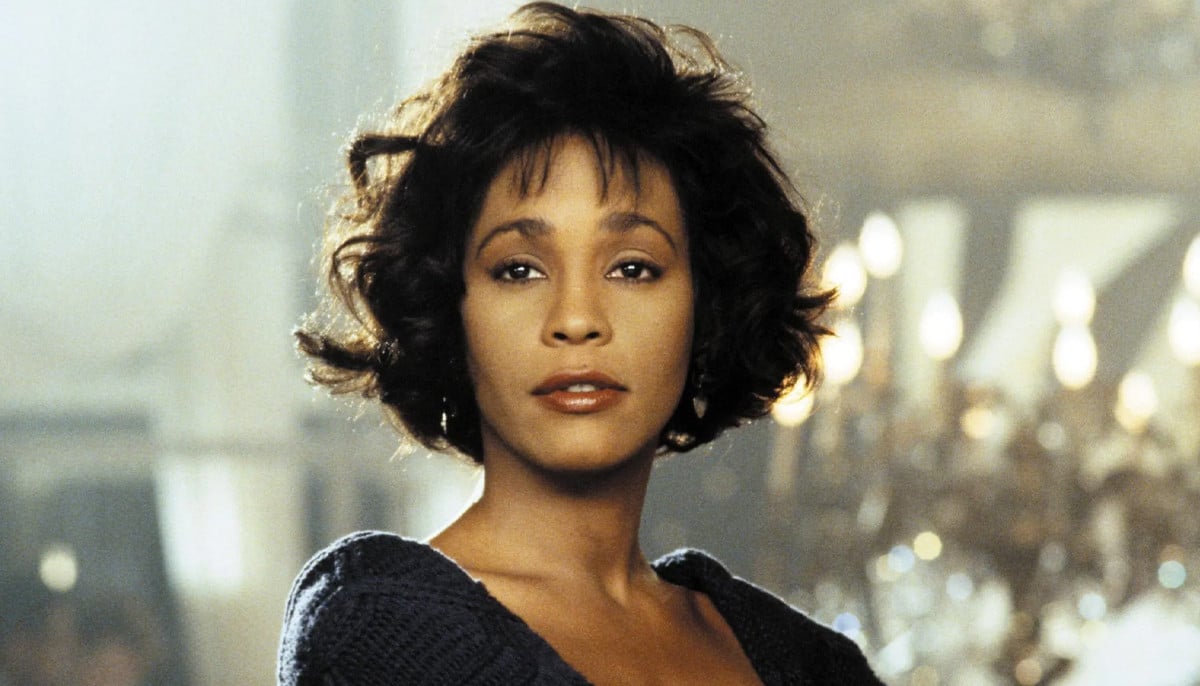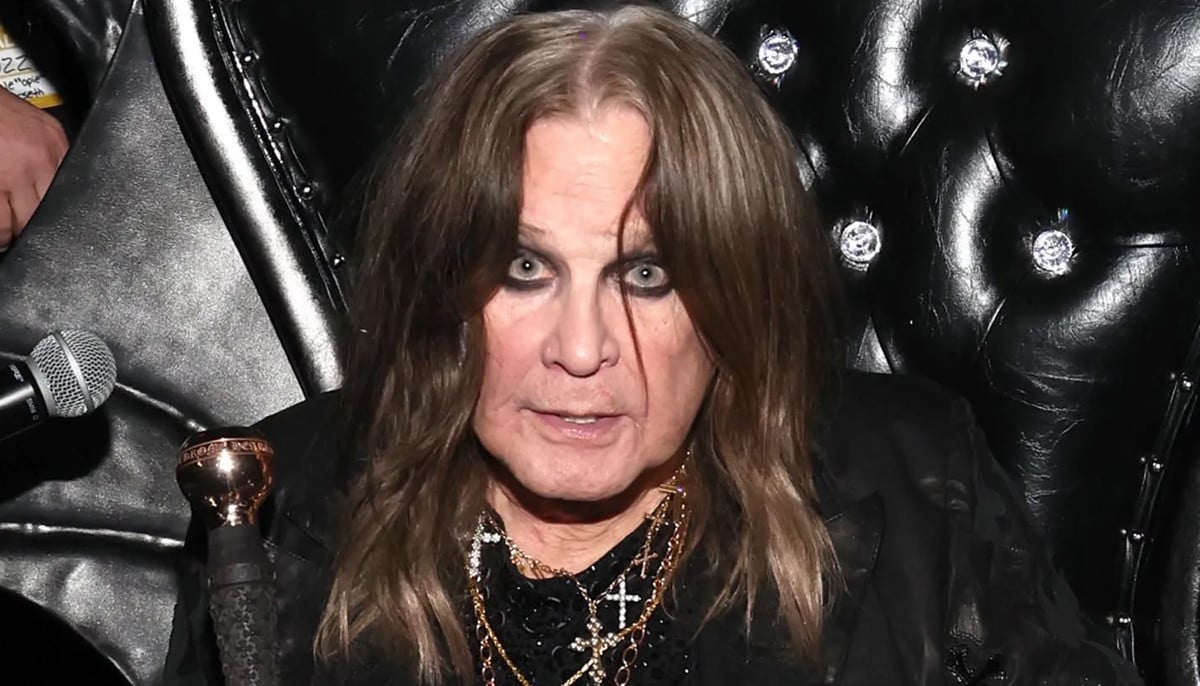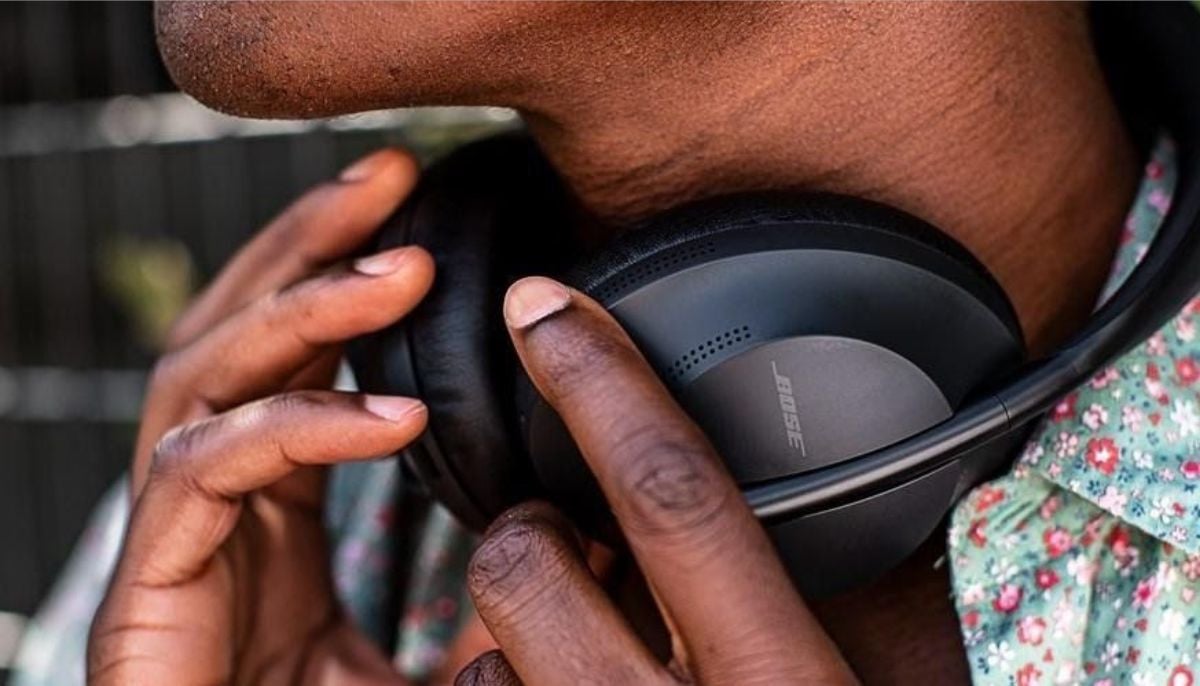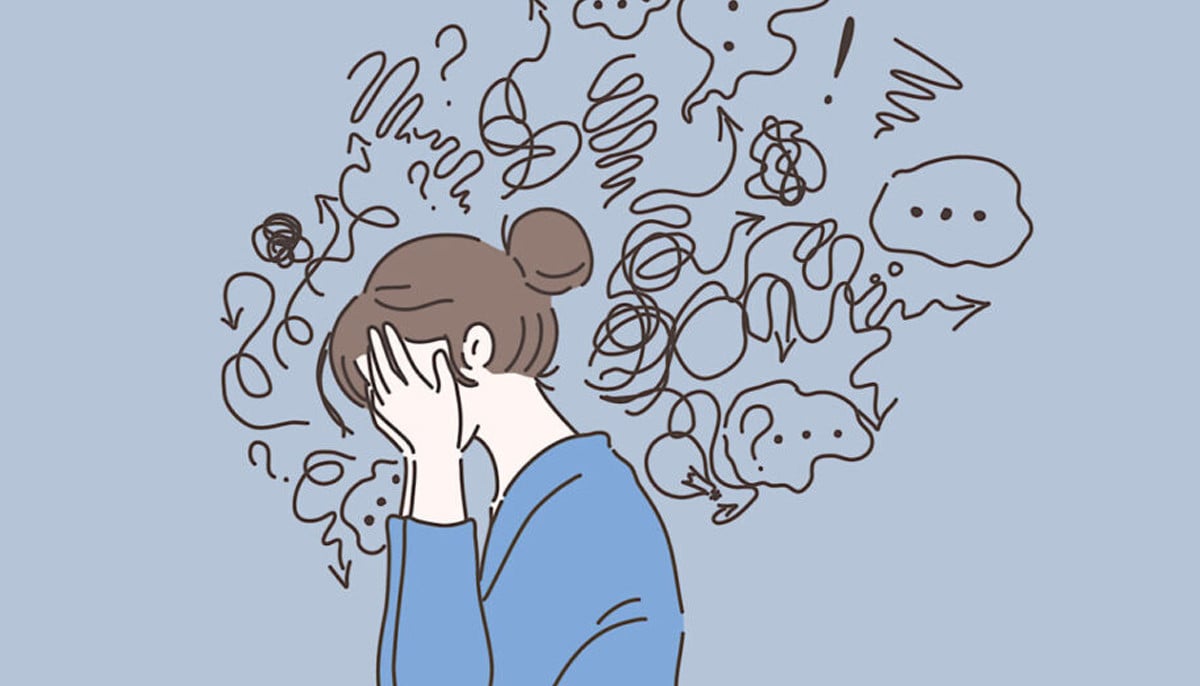Can social media cause depression?
Mental health issues are on the rise and depression is now world's largest cause of disability
Social media is for some people an easy method to remain in touch with friends and family. It is also a source of news and keeping up with current affairs. However, it can also have a negative side, offering a skewed perspective on reality that makes sensitive people feel lonely and jealous.
There are ties between social media use and depression, according to studies.
What is depression?
Depression is more than just a brief period of sadness. It is a severe mental illness that has an impact on your mood, thinking, and behaviour. It may result in a variety of mental and physical issues that ultimately impair your ability to perform at work or at home.
Mental health issues are on the rise and depression is now the world's largest cause of disability. Nearly 17 million adults in the United States alone suffer from depression.
What causes depression is still a mystery to medical professionals. Genetics, biology, the environment, and psychological aspects may all have a role. There are numerous variables that might lead to depression, such as:
- Life circumstances
- Hormones
- Inflammation
- Genetics
Recent research has shown a link between social media use and depression.
Can social media cause depression?
Young adults use social media the most, and they also have the highest rates of depression.
Teenagers continue to grow and change. The entire development of the brain doesn't occur until the mid-20s, according to recent research. The frontal and temporal parts of the brain take the longest to develop the emotional and cognitive centres. These areas are in charge of impulse control, judgement, and decision-making.
The brain is particularly susceptible to outside influences when it is still growing and changing during this stage of development. Social media can be bad for your mental health because it constantly exposes users to edited images of perfection, which can generate emotions of loneliness as well as thoughts of inadequacy.
A culture of comparison is encouraged by social media. On social media, as opposed to in real life, you have access to the highlights of other people's lives and could begin to think that everyone else is living a more exciting and meaningful life than you. This may lead to emotions of inferiority, loneliness, and envy.
According to a significant study, those who use social media the most over the course of the next six months have up to three times higher risk of developing depression than those who use it the least.
Feelings of isolation
In addition to the issues with comparison, social media can also cause feelings of loneliness and seclusion. Hours spent daily on social media could take the place of more beneficial face-to-face interactions. Additionally, it can lead to more misunderstandings, which would complicate relationships and raise the possibility of mental health issues.
Time spent on social media and feelings of social isolation, according to research conducted among young individuals between the ages of 19 and 32, are related.
You might wonder why you weren't invited to a Facebook event or feel compelled to see every post someone makes. When you're constantly online, virtual interactions take precedence over physical ones. These digital relationships might generate emotions of isolation because they are frequently fleeting and cannot replace in-person encounters.
-
How the world lost Whitney Houston to overdose
-
Late Ozzy Osbourne's 'terribly challenging' life with Parkinson's Disease
-
Emerging health threat: Toxic chemicals found in headphones, raising safety concerns among teens
-
Halsey’s rare health struggle you didn’t know about
-
Angelina Jolie and Brad Pitt mental health struggle amid divorce
-
Peter Dinklage shares achondroplasia struggle: 'My whole life I've had stares'
-
Celine Dion’s private battle with Stiff Person Syndrome
-
5 famous names who have spoken up about their anxiety
